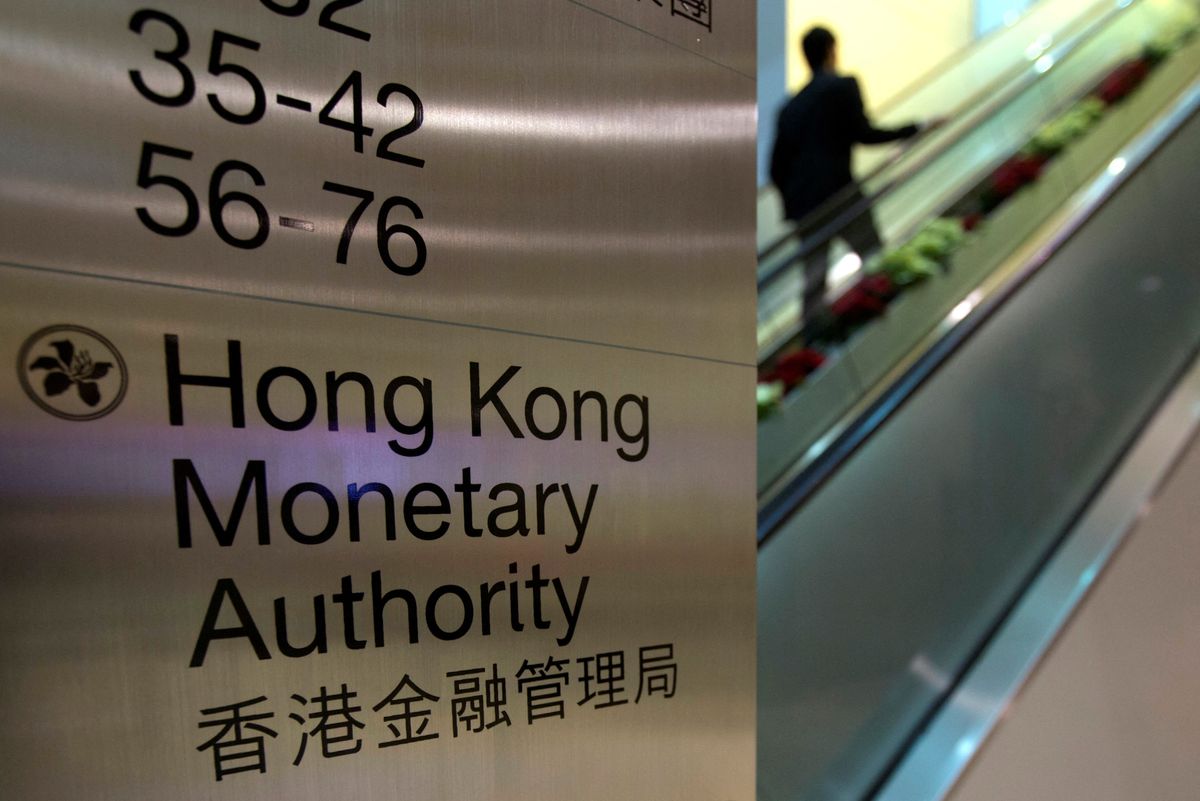Crypto in Hong Kong gets a boost from Chinese state-owned banks
China banned crypto-related activities in 2021.

A few minutes every morning is all you need.
Stay up to date on the world's Headlines and Human Stories. It's fun, it's factual, it's fluff-free.
The backstory: China banned crypto-related activities in 2021. But, traders are still going strong in the mainland, and China remains the world's fourth-largest crypto market. In fact, in the year leading up to July 2022, the country saw over US$220 billion in crypto transactions, according to blockchain research group Chainalysis. On the other hand, Hong Kong has shown a desire to become a crypto hub, opening its doors to the sector.
More recently: In 2022, Hong Kong's banking regulator put out a guide to help banks evaluate the risks of money laundering and terrorist financing when dealing with virtual asset service providers. Since then, crypto businesses like KuCoin, Gate.io and Huobi announced moving their headquarters from Singapore to Hong Kong, especially since Singapore started putting more restrictions on crypto.
The development: Now, Chinese state-owned banks are getting cozy with crypto firms in Hong Kong, according to insiders speaking with Bloomberg. The Bank of China, Bank of Communications and Shanghai Pudong Development Bank have reportedly all started offering banking services to local crypto companies or at least expressing interest in the industry. In fact, reps from one of the banks even visited a crypto company's office to pitch their services. Considering how hard it can be for crypto firms to get traditional banking services, this is a pretty big deal. And it seems to signal a green light from Beijing on Hong Kong's aims to become a hub for the industry.
It's also good timing following the crash of US tech banks Silicon Valley Bank, Silvergate Capital Corp. and Signature Bank, which left a bit of a void in banking options for crypto firms.
Key comments:
"It would be great if local banks could start some trial program to support crypto firms and more professional service providers that understand our native environment," said Dominic Law, chief Metaverse officer of Neopets Metaverse. "The business landscape would certainly be more welcoming and easier to support more startups to develop in this field."
"Hong Kong will benefit tremendously," said a spokesperson for the Hong Kong Monetary Authority. "But questions remain whether the geopolitical climate will deter non-Asian projects to bank with Chinese banks."
"A lot of the Chinese capital is looking for smarter, safer ways to invest . . . being in Hong Kong naturally makes more sense than anywhere else," said Henry Liu, CEO of crypto exchange BTSE.
"Chinese blockchain companies are very bullish on Hong Kong," said Cyrus Ip, partner at Hong Kong-based web3 investor Newman Capital. He added that some mainland traders used VPNs to evade Chinese controls but still had a hard time turning their crypto profits into fiat currency. But this is easier to do in Hong Kong.




Comments ()